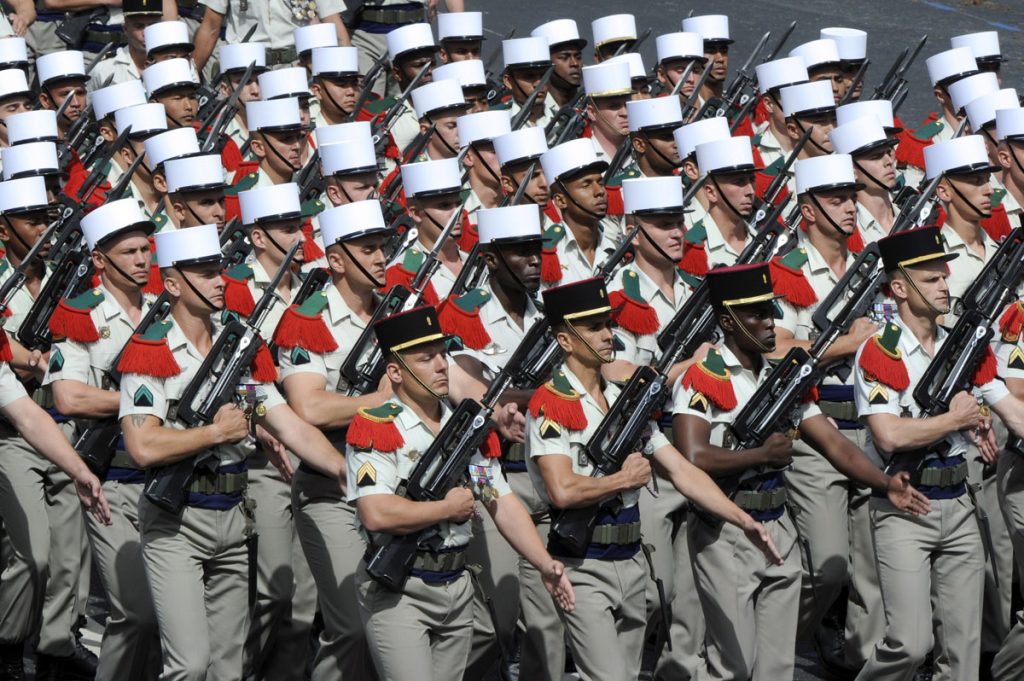
From Julian Lindley-French, New Atlanticist: On 29 April the French published their first defense review in over twenty years. Full of Parisian sophistry it failed to address France’s essential dilemma: an inability to fund the defense influence ambitions France claims to still uphold. Sounding more Napoleonic than Hollande-ic the review blustered “France’s destiny is to be a global nation and our duty is to guarantee not only our own security but that of our allies and partners.” This is exactly the same kind of rhetoric that accompanied the 2010 British Strategic Defense and Security Review which said there would be no British “strategic shrinkage”—and then promptly shrank Britain. . . .
With French public debt over 90 percent of GDP and likely to get worse how can France afford a military that both preserves an independent nuclear deterrent (which swallows up over 20 percent of the defense budget) and fund top-notch but highly-expensive deployable forces? Even though critical capability gaps were exposed there can be no question that the success of the French military in Mali was as timely for the review as the 1982 victory in the Falklands was then for the British military. As such it demonstrated to reluctant politicians the value of projectable military power. However, the French review also singularly failed to square France’s defense triangle and as such fudged France’s defense dilemma.
The review claims to establish a “stable” defense budget of €31bn ($41bn) over six years. In fact with defense cost inflation running as high as 10 percent per annum for some equipment the plan represents real-term cuts. The review also hides the choice France has made to cut the kind of deployable forces that made Mali possible and rely instead on the panacea all European countries are reaching for these days, more “Special Forces.” These forces are small but because they are supermen they are able to defeat any budget cut, anywhere, all of the time. . . .
The logic of defense austerity is ever closer defense co-operation between European states, be it through NATO, the EU, or bilateral agreements. However, the political divide in Europe over both the use and utility of force is reinforced by a contradiction; each time forces are cut the political momentum behind the value of co-operation dies too.
Julian Lindley-French is a member of the Atlantic Council’s Strategic Advisory Group. This essay first appeared on his personal blog, Lindley-French’s Blog Blast. (photo: Bertrand Guay/AFP/Getty)
Image: AFP_Getty%205%2015%2014%20Bastile%20Day.jpg
